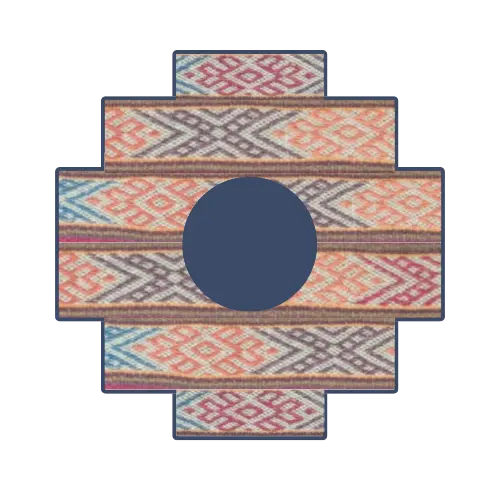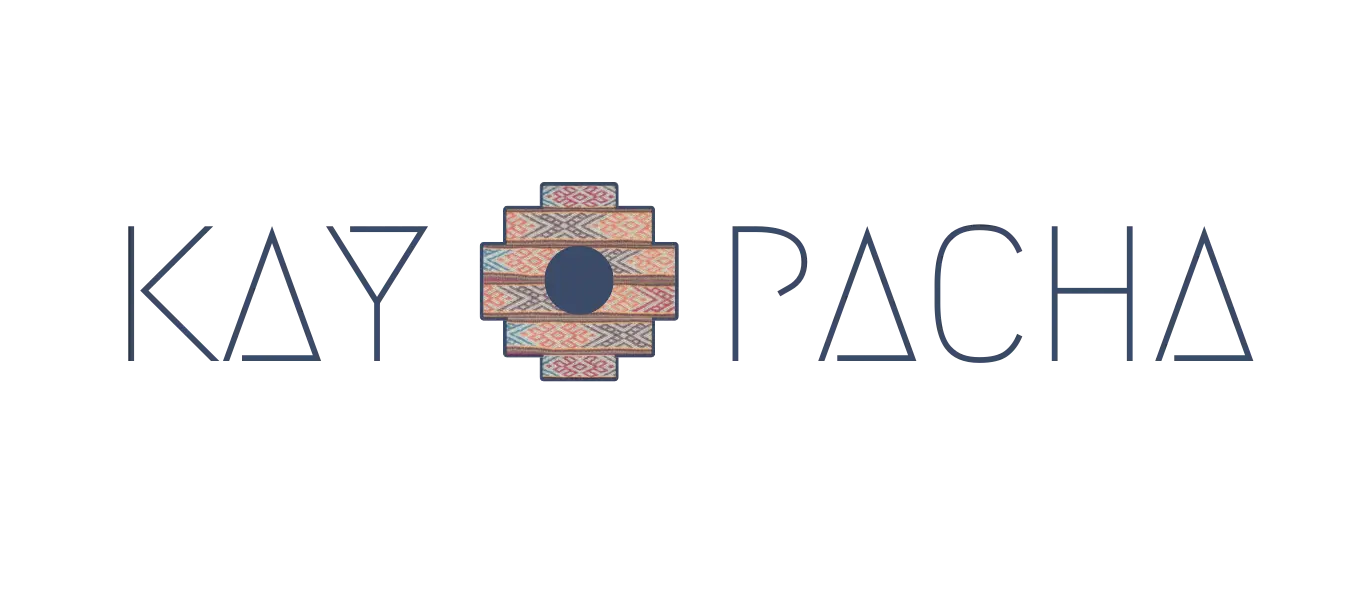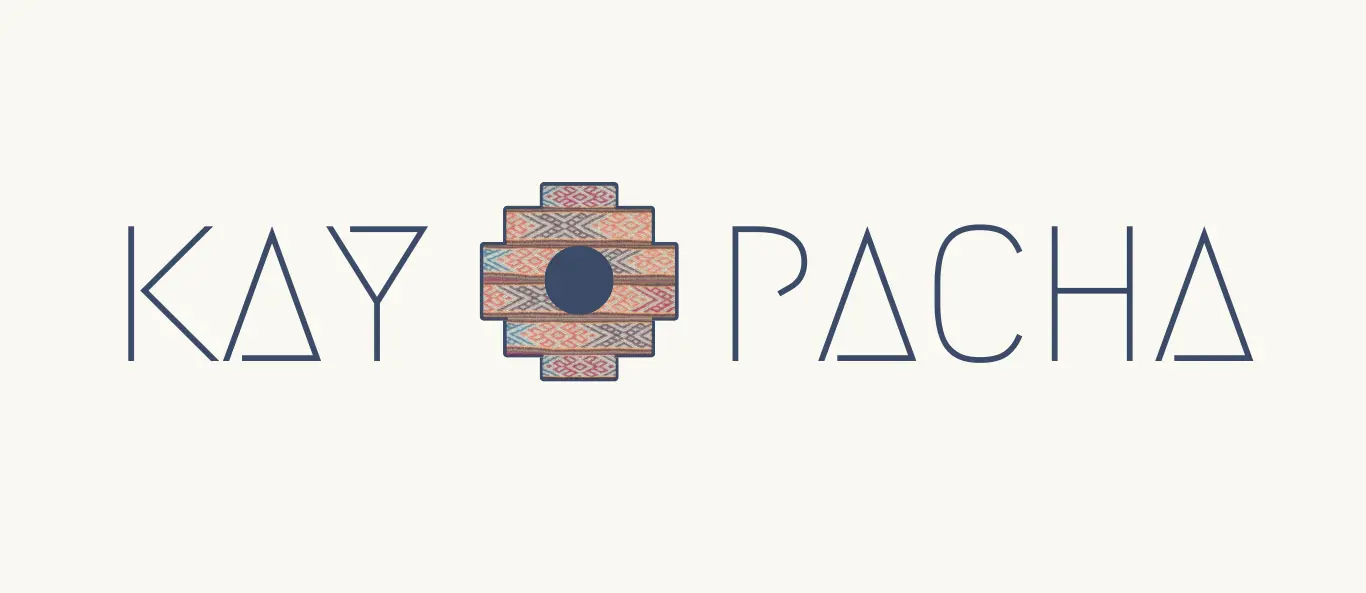Each piece is made from sustainable materials such as GOTS organic Peruvian cotton and RAS-Certified baby alpaca wool, featuring hand-woven Inca patterns for unique, timeless, and comfortable designs.
The Global Organic Textile Standard (GOTS) is the worldwide leading textile processing standard for organic fibers, including ecological and social criteria along the textile supply chain. The standards and requirements adhere to the 17 UN Sustainable Development goals.
The Responsible Alpaca Standard (RAS) is an international voluntary global certification ensuring alpaca welfare and ethical fiber sourcing. It requires every step of the supply chain, from farms to final sellers, to meet strict standards. This guarantees that all RAS-certified products contain responsibly sourced alpaca fiber.
The Responsible Alpaca Standard (RAS) is an international voluntary global certification ensuring alpaca welfare and ethical fiber sourcing. It requires every step of the supply chain, from farms to final sellers, to meet strict standards. This guarantees that all RAS-certified products contain responsibly sourced alpaca fiber.


